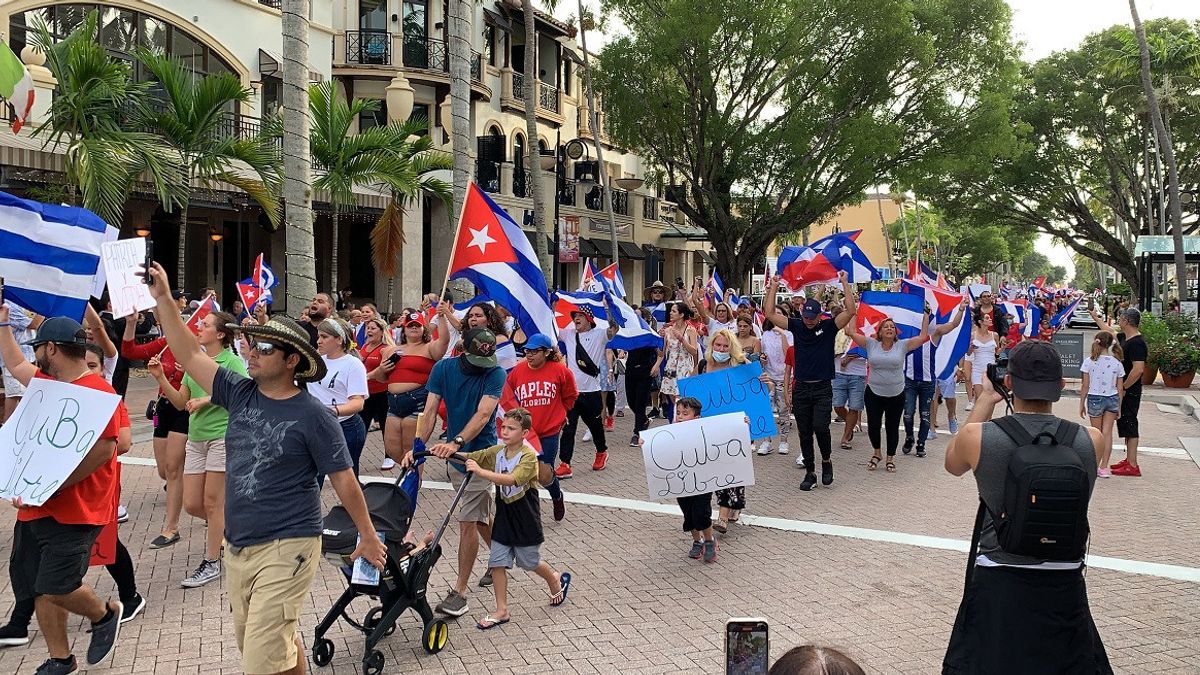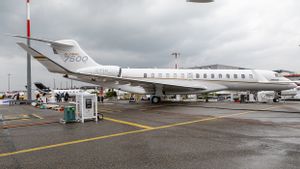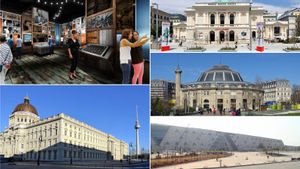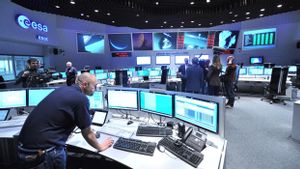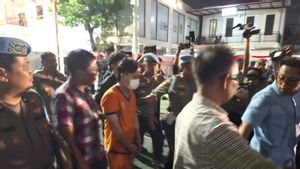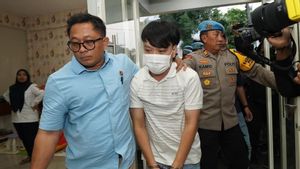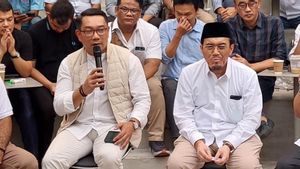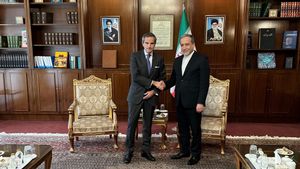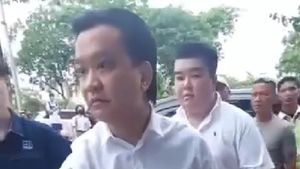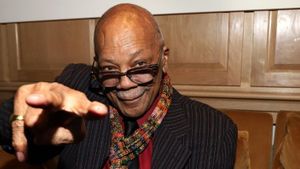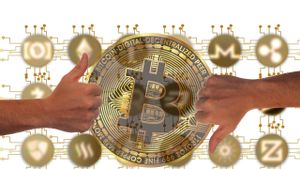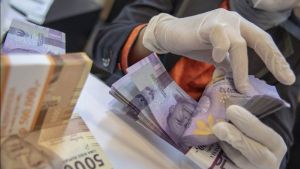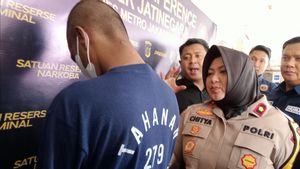JAKARTA - The United States (US) has imposed sanctions on Defense Minister General Alvaro Lopez Miera and the Cuban special forces unit (SNB), over alleged human rights abuses in handling anti-government protests earlier this month.
The move marks the first concrete step by President Joe Biden's administration to apply pressure on Cuba's Communist government, as it faces calls from US lawmakers and the Cuban-American community to show greater support for the biggest protests to hit the island in decades.
The administration's speed with further new sanctions means President Biden is highly unlikely to soften the US approach to Cuba any time soon after his predecessor, Donald Trump, called off his historic Obama-era détente with Havana.
"This is just the beginning," Biden said in a statement, expressing condemnation of the mass detentions and false trials.
"The United States will continue to sanction individuals responsible for the oppression of the Cuban people," President Biden said.

President Biden reiterated Thursday that his government is looking at ways to help Cubans regain internet access, after Havana restricted access to social media and messaging platforms, including Facebook and WhatsApp.
"We will work with our partners across the region, including the Organization of American States, to put pressure on the regime," Biden said.
To note, the sanctions were imposed under the Global Magnitsky Act, which is used to punish human rights violators with asset freezes and travel bans to the United States.
However, US officials admit Cuban officials rarely conduct US financial transactions and rarely travel to the United States, limiting the practical impact of such actions.
In response to these sanctions, Cuban Foreign Minister Bruno Rodriguez, in a Twitter post dismissing the sanctions as unfounded and defamatory, urged the United States to apply the measures to its own record of daily repression and policy brutality.
The Cuban government blames the protests in large part on what it calls US-financed 'counter-revolutionaries' exploiting the economic hardship caused by US sanctions.
The US Treasury said sanctions had been placed on all Interior Ministry security units and General Alvaro Lopez Miera, Secretary of Defense for the Revolutionary Armed Forces, described him as the leader of an entity whose members were involved in serious human rights abuses.

Earlier this month, thousands of Cubans protested a week ago to demonstrate against an economic crisis that has caused shortages of basic goods and power cuts. They also protested the government's handling of the coronavirus pandemic and restrictions on civil liberties. Hundreds of activists were detained.
Meanwhile, President Biden has promised during the 2020 campaign to reverse some of the Trump-era policies towards Cuba. At the same time, the US Government is still looking for ways to alleviate the humanitarian suffering of the Cuban people.
SEE ALSO:
Earlier, on Tuesday the White House said President Biden would form a working group, to examine remittances to Cuba after the protests. The goal is to determine how Cuban-Americans can send money to families on the island, while keeping the funds out of the hands of the Cuban government.
During his administration, Donald Trump imposed strict restrictions on remittances, which were previously believed to amount to several billion dollars a year. The White House, in a statement, warned that the issue of remittances was complex and "requires a measured and thoughtful approach in coordination with experts."
The English, Chinese, Japanese, Arabic, and French versions are automatically generated by the AI. So there may still be inaccuracies in translating, please always see Indonesian as our main language. (system supported by DigitalSiber.id)
